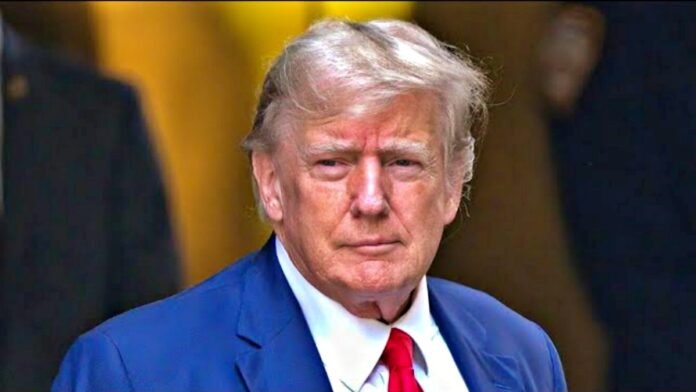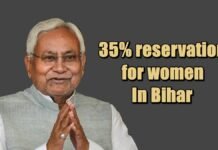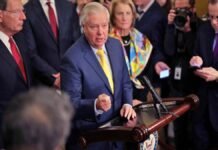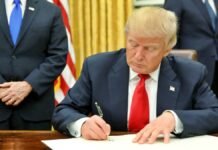
Key Points:
- Court Blocks Trump’s Birthright Citizenship Ban: A US court temporarily stayed President Trump’s order to end birthright citizenship, citing it as unconstitutional.
- 14-Day Suspension for Legal Review: Judge John Kaufner granted an emergency request, delaying the order’s implementation for two weeks.
- Violation of the 14th Amendment: The order was challenged for undermining the constitutional guarantee of citizenship to children born on US soil, including those of immigrant parents.
- Concerns Over Consequences: Critics argue the order could harm children and burden state programs by denying citizenship benefits.
- Trump to Appeal: The President announced plans to challenge the court’s decision, reaffirming his stance on the controversial policy.
Washington, D.C.: In a landmark ruling, the Washington District Court temporarily stayed President Donald Trump’s controversial executive order to end birthright citizenship. District Judge John Kaufner declared the order unconstitutional and imposed a 14-day suspension to allow for legal challenges.
The court’s decision comes after Washington State Attorney General Nick Brown and other Democratic-led states filed an emergency request, highlighting the potential harm of the order.
Judge Critiques Legal Validity
During the hearing, Judge Kaufner expressed strong reservations about the executive order’s constitutionality. “In my 40 years on the bench, I don’t recall a case with questions as clear as these,” Kaufner remarked. He criticized the administration’s legal advisors, asking, “Where were the lawyers when this decision was being drafted and signed?”
The judge’s ruling underscored that the order appeared to directly violate the 14th Amendment of the US Constitution, which guarantees citizenship to all individuals born on American soil, including children of immigrant parents.
Negative Consequences of the Order
Legal experts and state attorneys warned of the severe implications of Trump’s policy. Washington lawyer Len Polozola highlighted that many children born in the US could face uncertainty about their citizenship status. “These children could be stripped of the basic rights and benefits that come with citizenship, creating a ripple effect of harm,” Polozola stated.
Beyond the individual impact, states argued that the order would impose significant financial and logistical burdens. Without citizenship, affected children would lose access to healthcare, education, and social services, leaving state programs to manage the fallout.
Trump Responds: Plans to Appeal
Reacting to the court’s decision, President Trump expressed his dissatisfaction during a briefing in the Oval Office. “Of course, we will appeal against it,” he said. Trump defended his order as a necessary measure to address immigration concerns and reiterated his commitment to pursuing the matter through higher courts.
Legal and Political Battle Ahead
The court’s temporary suspension provides a brief reprieve, but the legal and political battle over birthright citizenship is far from over. Democratic-led states argue that the order undermines foundational constitutional rights and could create widespread disruption for families and communities across the nation.
While Trump’s administration prepares its appeal, the ruling has already sparked a broader debate about immigration policy and constitutional protections. The future of birthright citizenship remains uncertain, but for now, the 14th Amendment’s protections hold firm.
What’s at Stake?
The 14th Amendment, adopted in 1868, is a cornerstone of American civil rights, ensuring that anyone born in the US is granted citizenship. Critics of Trump’s policy argue that overturning this principle sets a dangerous precedent, potentially unraveling long-standing protections for immigrants and their families.
As the clock ticks on the 14-day suspension, all eyes are on the legal proceedings that will shape the fate of birthright citizenship in the United States.

















































